Hematology and Bone Marrow Transplant Hospital in Hyderabad
The Bone Marrow & Stem Cell Transplant Center at Yashoda Cancer Institute is fully committed to the advancement of haematopoietic stem cell transplant procedures. It is a Center for rare and complex procedures, employing the most advanced technology for quick and safe treatment. Yashoda Cancer Institute’s Bone Marrow & Stem Cell Transplant Center features advanced cell processing laboratory and other state-of-art facilities for a safe treatment, and a team of highly skilled & qualified doctors who follow novel therapeutic approaches for better and improved treatment.
Best Hematology Hospital in Hyderabad
The Haploidentical Transplant, an allogeneic treatment has become very popular in the recent times where the donor is half-matched to the patient. A haploidentical donor may be considered if a patient doesn’t have a fully matched related or unrelated donor. Haploidentical Bone Marrow Transplants are gaining popularity due to the benefits they offer to patients as most patients will have a readily available haploidentical donor.
The Bone Marrow & Stem Cell Transplant Center at Yashoda Hospitals has undertaken rare and complex procedures for the advancement of haematopoietic stem cell transplant. Yashoda Hospitals earned a great recognition by performing the first HaploIdentical Bone Marrow Transplant in the states of Telangana and Andhra Pradesh.
Bone Marrow Transplantation in Hyderabad
Achievements
The Bone Marrow & Stem Cell Transplant Center at Yashoda Hospitals
- Successfully completed over 100 Bone Marrow Transplants. This includes both Autologous (using patient’s own stem cells) and Allogeneic (bone marrow of a compatible donor) transplants
- Successfully performed the first ever Haploidentical Bone Marrow Transplantation in Telangana & Andhra Pradesh
Conditions Treatments & Expertise
Patients undergo Bone Marrow and Stem Cell Transplant for a wide variety of malignant and non-malignant conditions including:
MALIGNANT CONDITIONS
Hematologic Malignancies
- Acute Lymphoblastic Leukemia (ALL)
- Acute Myeloid Leukemia (AML)
- Chronic Myeloid Leukemia (CML)
- Hodgkin’s Lymphoma
- Non-Hodgkin’s Lymphoma
Solid Tumors
- Neuroblastoma
- Brain tumors
- Ewing sarcoma
- Rhabdomyosarcoma
NON-MALIGNANT CONDITIONS
Bone Marrow Failure Syndromes
- Aplastic Anemia
- Fanconi Anemia
Hemoglobinopathies
- Sickle Cell Anemia
- Thalassemia
Primary Immune Deficiencies
- Severe Combined Immunodeficiency Syndrome (SCID)
- Wiskott-Aldrich Syndrome
- Chronic Granulomatous Disease
- Haemophagocytic Lymphohistiocytosis
- Langerhans Cell Histiocytosis
Health Blogs for Hematology & BMT
Patient Testimonials For Hematology & BMT
Doctor Talk
Health Talk
FAQ’s
What is Bone Marrow Transplant?
A bone marrow transplant, or a stem cell transplant, is a treatment procedure that plants new healthy blood cells in the body from damaged or destroyed blood cells and treats some cancers, such as leukaemia, multiple myeloma and some types of lymphoma and blood-related disorders, such as thalassemia and anaemia.
What are the types of bone marrow transplants?
There are several types of bone marrow transplants: Autologous (using the patient’s own cells), Allogeneic (from a donor with a similar genetic type), Syngeneic (from an identical twin), and Umbilical cord blood (from a newborn’s cord). There’s also Reduced-intensity conditioning, where lower doses of chemotherapy or radiation are used before receiving donor cells. The type of transplant depends on the availability of donors and the patient’s specific needs, with donor matching being crucial for success—a key aspect when considering advanced transplant procedures like those at Yashoda Hospitals.
How do I know what type of bone marrow transplant is best for me?
The best type of bone marrow transplant depends on several factors, including HLA matching, where a donor’s human leukocyte antigens are compared to the recipient’s to ensure compatibility. Full siblings are most likely to provide a full match, but other relatives or registry donors may also work. Transplant types include allogeneic (most common, with a good donor match), haploidentical (partial match from a close relative), and umbilical cord blood (less mature stem cells needing less of a perfect match, though recovery is slower).
How long does it take to recover from a bone marrow transplant?
Recovery from a bone marrow transplant can take several months to a year, depending on the type. Autologous recovery takes 3-6 months, while allogeneic recovery can take 12-18 months. Patients typically stay in the hospital for 1-3 months, with regular blood cell count checks and possible use of immunosuppressants to prevent complications. Good hygiene, including daily showers, and gentle exercise are recommended during recovery.
How do I find a bone marrow donor?
To find a bone marrow donor, a doctor first tests the patient’s blood to determine their HLA type. Siblings are usually tested first, as they have a 25% chance of being a perfect match. If no suitable family donor is found, a search is conducted through a bone marrow registry like Be the Match. Eligible registry donors must be 18-60 years old, healthy, and not pregnant.
How many hours is a bone marrow transplant?
The bone marrow transplant procedure takes about 1-2 hours. Stem cell collection from the donor’s bone marrow is done under general anesthesia and takes 1-2 hours. Stem cell infusion into the recipient’s body through a central line takes a couple of hours and is painless. Afterward, the recipient typically stays in the hospital for 3-4 weeks, followed by outpatient follow-ups for about a month.
How is a bone marrow donor matched with a recipient?
Bone marrow donors are matched with recipients by comparing HLA types, which is more complex than blood type matching due to the many possible HLA combinations. A blood sample is taken from the recipient to determine their HLA type, and the transplant team looks for a donor with closely matching HLA markers. If a potential match is found, a new blood sample confirms it. Doctors typically aim to match at least 8 out of 12 HLA markers, and the time to find a match varies, depending on the recipient’s HLA type.
What are the success rates for bone marrow transplants?
The success rate of bone marrow transplants varies based on factors such as the recipient’s health, the specific disease being treated, and the type of transplant performed.





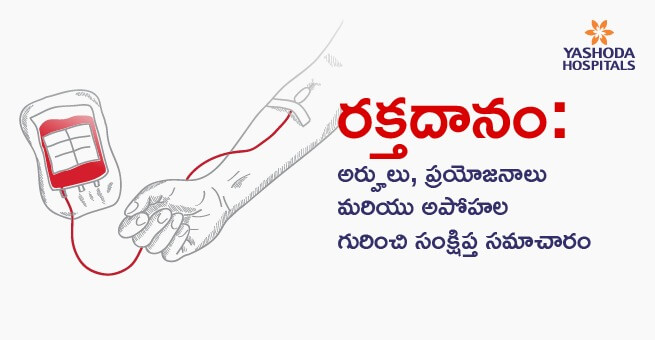

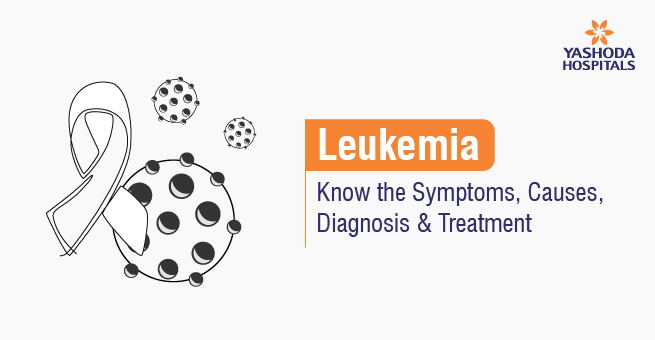
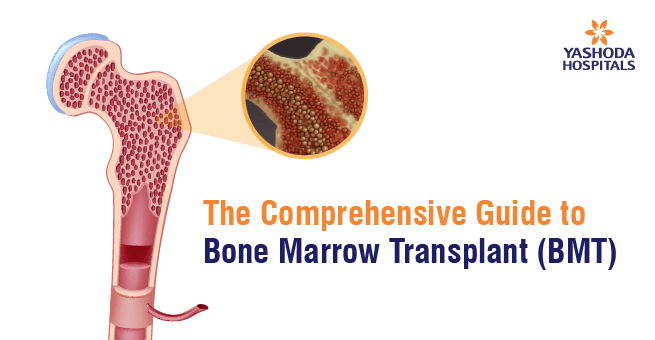
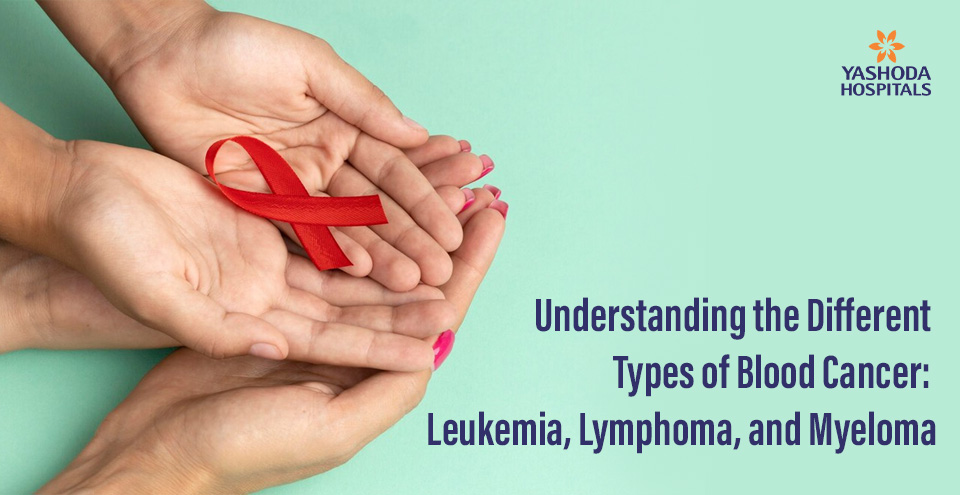
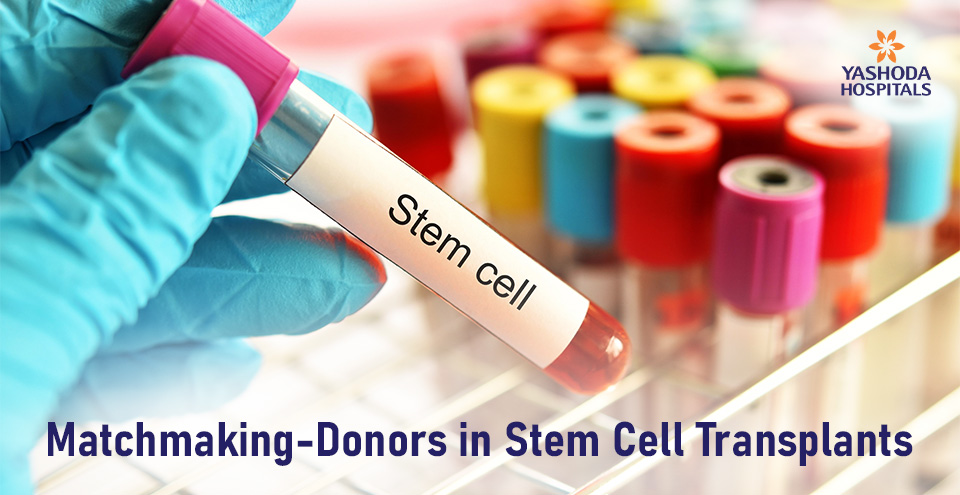

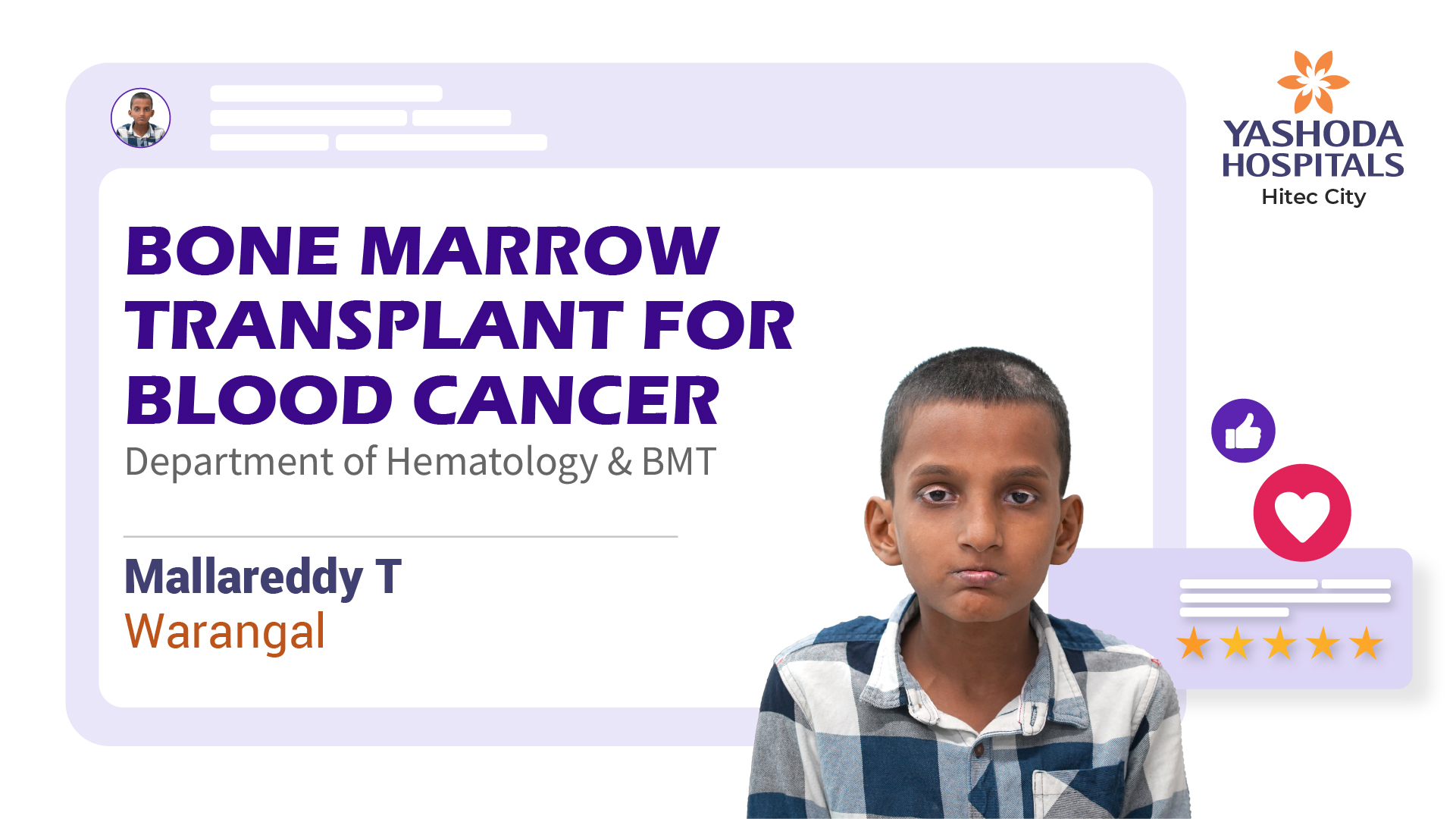
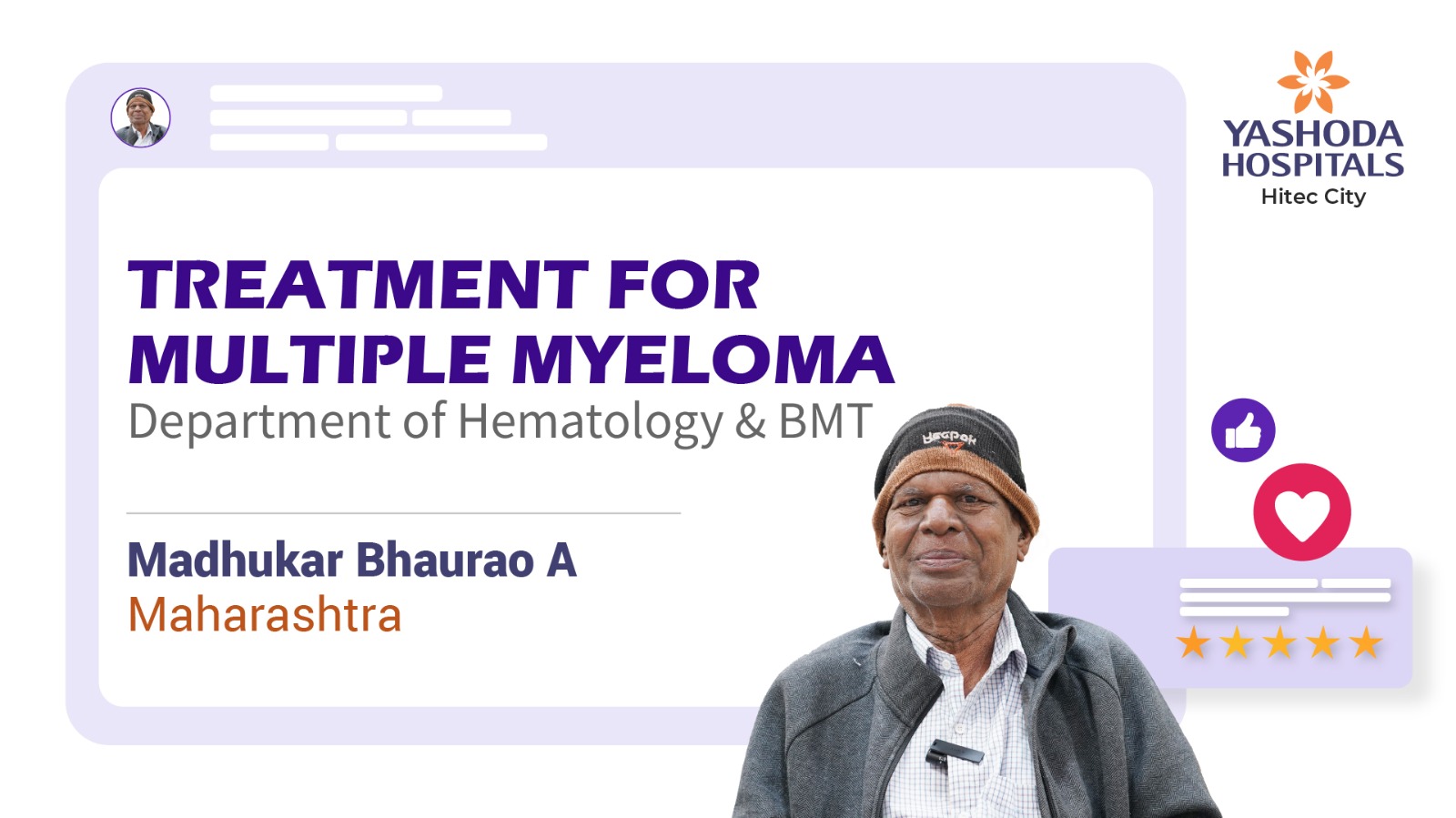
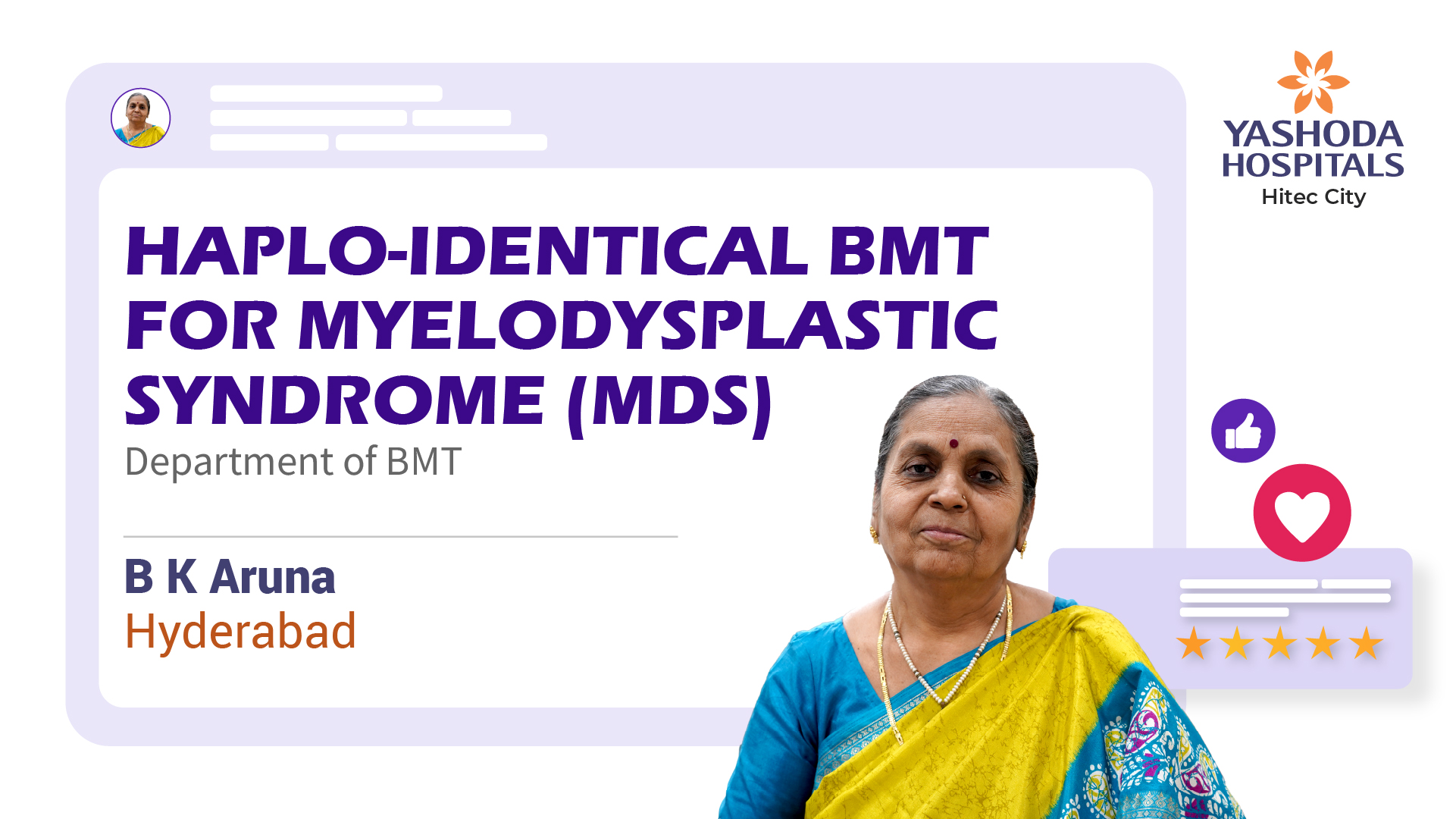
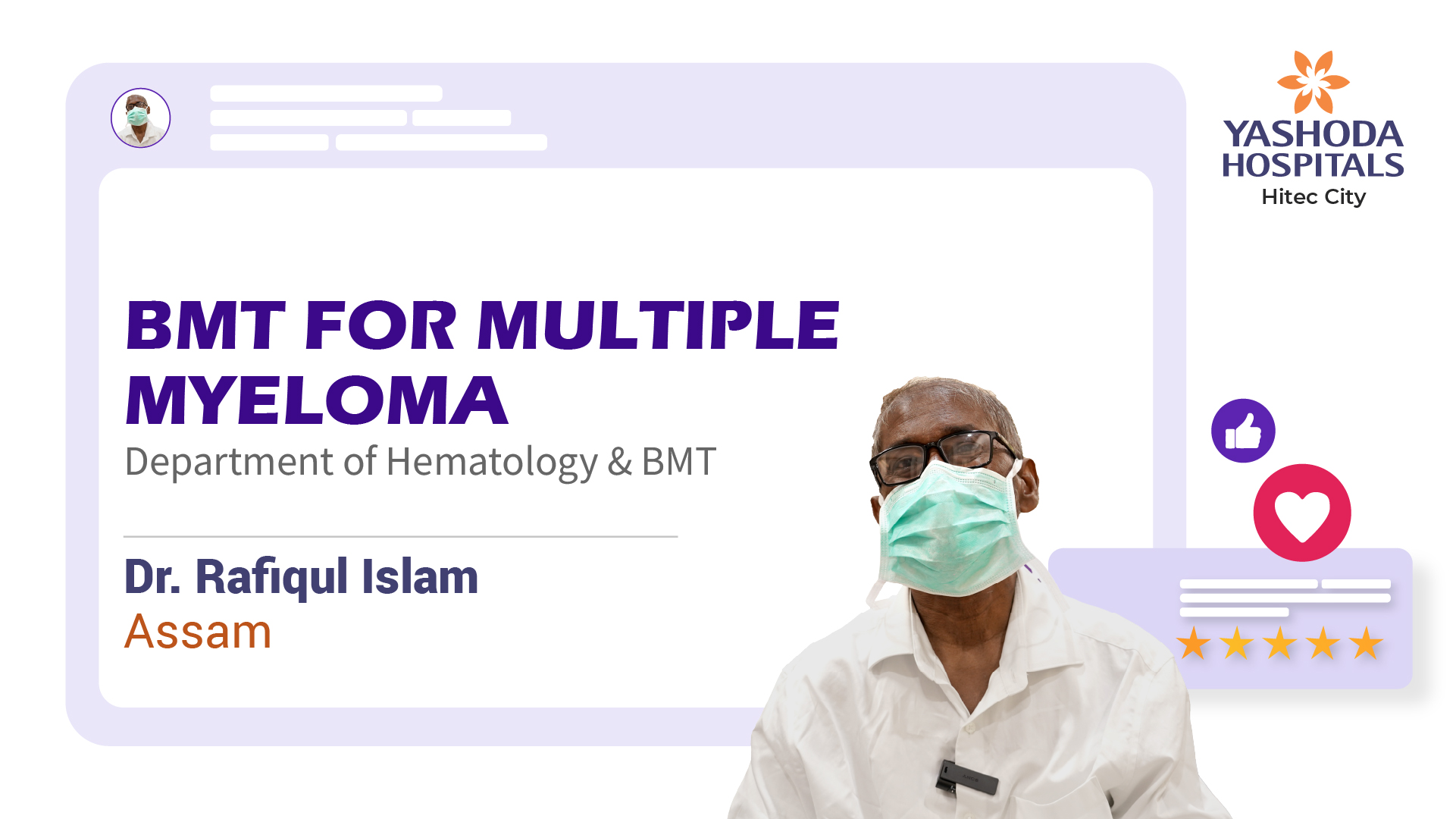
 Appointment
Appointment WhatsApp
WhatsApp Call
Call More
More